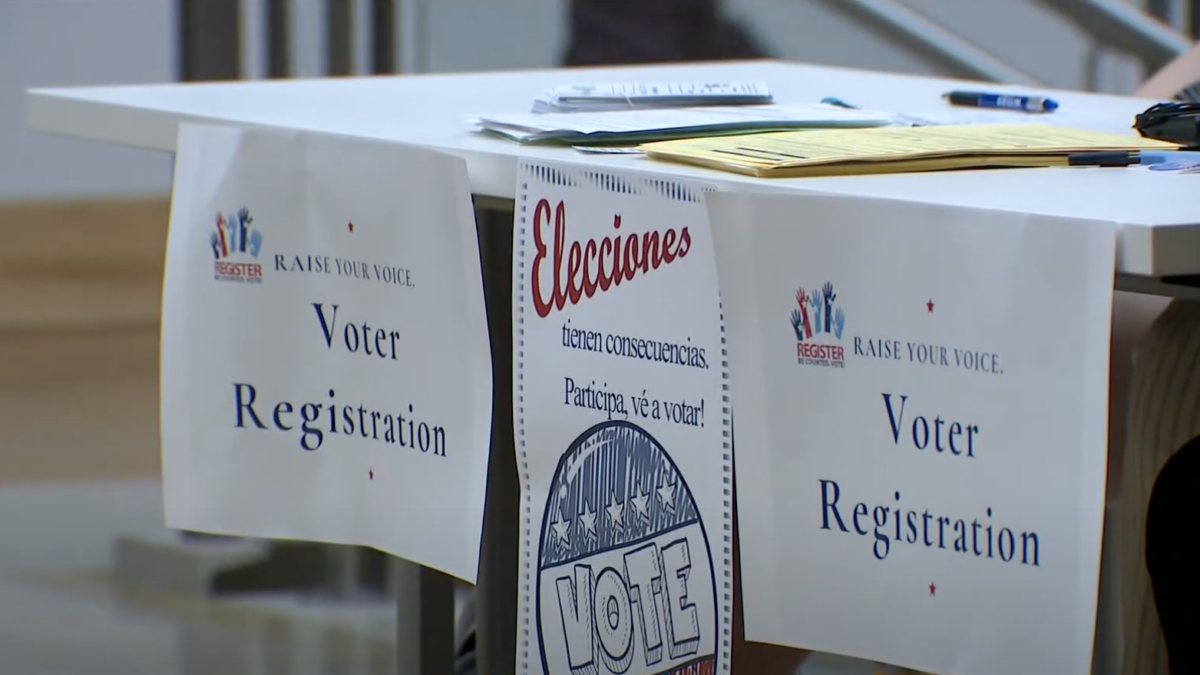
As I discussed in part 1 of this article, Sen. Elizabeth Warren’s wealth tax is illegal as an unapportioned direct tax and unworkable even if it were made to conform to the Constitution. But as we saw in National Federation of Independent Business v. Sebelius, some judges are willing to twist the law if it helps them achieve a result they want.
The current Supreme Court is unlikely to bend over backward for a wealth tax, but if Warren were president, it is conceivable that she could nominate Supreme Court justices more to her liking. Failing that, she might also convince the people to amend the Constitution to make it legal, just as the Sixteenth Amendment did for the income tax in 1916.
What then? Would a wealth tax become as much a part of American government as the income tax did 100 years ago?
It’s unlikely, for the same reason many populist ideas are unlikely. Even if the people were on board at a gut level, the real facts and results of implementing a wealth tax would be instantly unpopular. Warren says the tax only applies to wealth above $50 million. No problem for most of us. But it leads to an obvious question: How does the Internal Revenue Service know who owns $50 million worth of property? The answer: they don’t.
They don’t right now, anyway. As Greg Rosalsky noted on NPR earlier this year, the tax “covers all forms of wealth — cash, stocks, diamonds, horses, super yachts — basically everything. Sen. Warren’s proposal would impose a 2% annual tax on every bit of a person’s net worth over $50 million and also an extra 1% tax on billionaires.” That means the IRS must either have knowledge of every American’s exact wealth or else must leave it up to wealthy people to self-report when they pass that $50 million threshold.
We know which option the IRS would choose. It already knows most of your income-type transactions. Not telling the IRS about a certain W-2 or 1099 doesn’t mean you will avoid paying taxes on it. The agency already has a copy of those forms, along with various others.
The same would eventually be true with a wealth tax. You might pay sales taxes when you buy something, but beyond that, the product’s value and whether you continue to own it are none of the government’s business. That’s a consequence of the way the government has taxed since the Sixteenth Amendment: Transfers, not ownership, are what matter.
Say Goodbye To Privacy
Warren’s IRS would demand an annual accounting of people’s wealth. Even if the intrusion of the question does not bother you, the complexity of the answer will. The price you paid for your house is known, but what is it worth 10 or 20 years later? Professionals could estimate and appraise it, but no one knows for sure until an arm’s-length sale is completed.
Local property taxes are based on assessments that rarely change from year to year — your township is more likely to adjust the tax rate than the nominal value because this takes far less effort from it. But the township is concerned with raising revenue, not redistributing wealth, as Warren is. Would that level of inexactitude be enough for the wealth taxers? Unlikely.
Every bit of property people own would be subject to these calculations. Stocks are easy enough, but only if they’re publicly traded. How much is a privately held corporation worth? Appraisers can estimate, but one working for the owner will estimate one direction while the government will estimate in another. Which is right? Audits would be frequent for anyone close to the cutoff.
We do this sort of accounting for estate tax purposes when someone dies, and proponents of the wealth tax will say we can do the same for that. But those transfers are as onerous as they are infrequent. The process of settling an estate often takes more than a year. Doing it every year would mean a perpetual audit. The costs of compliance would be massive, even when people are playing it straight. If they aren’t, or if the government thinks they aren’t, costs multiply even more rapidly.
These calculations would apply to everything a person owns: land, cars, buildings, furniture, livestock, heirlooms, keepsakes, collectables, and every other bit of personal property you can imagine. That not only means a tremendous effort and expense in calculating wealth each year, but it also means the government would know exactly what everyone in America owns at all times. Everything.
Do you want a federal gun registry? This is how you get one. And a car registry. And an art registry. The lists go on, and the federal government would have all of them.
The Evidence Speaks for Itself
The application of the wealth tax raises even more prudential concerns. Warren promises to raise $2.75 trillion with this tax in the first 10 years, but there are reasons to believe the total seized will not be as great as she claims. In June, Lawrence Summers, who served as President Bill Clinton’s Treasury secretary, and Natasha Sarin, a professor at Wharton, said as much in an op-ed at the Washington Post. Summers and Sarin think Warren’s people are vastly underestimating the amount of tax avoidance — and tax evasion — of which the rich are capable.
Plenty of evidence supports this. Again, taking the estate tax as our guide, we can easily imagine that an entire industry will spring up to hide wealth, undervalue assets, and take advantage of legislative ambiguities to help the rich keep more of their money. This happens now for a tax that occurs once in a generation. How much greater will the incentive be when the tax hits every single year?
Want more evidence? Look at Europe. As economist Chris Edwards noted in an article for National Review, “More than a dozen European countries used to have wealth taxes, but nearly all of these countries repealed them, including Austria, Denmark, Finland, France, Germany, Iceland, Ireland, Italy, the Netherlands, Luxembourg, and Sweden. Wealth taxes survive only in Norway, Spain, and Switzerland.” This effort has failed nearly everywhere governments have tried it.
European governments are far less averse to taxation than ours, yet across most of the continent they have repealed this revenue generator, which Warren claims is simple and straightforward. Where it remains, it drastically underperforms other sorts of taxation. Again, to cite Edwards: “Before repeal, European wealth taxes — with a variety of rates and bases — tended to raise only about 0.2 percent of gross domestic product in revenue, based on Organization for Economic Cooperation and Development data. That is only 1/40th as much as the U.S. federal income tax raises.”
European nations also found that wealth taxes tended to encourage the ultra-rich to take themselves and their assets abroad. That’s easy to understand: Who has an easier time moving to another country on a whim than the very wealthy? Some might do what many ardent leftists have long promised and move to Canada. Others might go to Europe, now that most nations there no longer have a wealth tax. Forced to live in Paris: quel dommage!
Actions Have Consequences
Warren’s wealth tax includes the flaw of many of the left’s grand plans: it presumes no negative consequences will follow. The left understands that people are motivated by money, but refuses to accept that anyone would change his behavior because of a tax, except out of a malicious, evil intent.
Some rich people would remain and pay the tax. Others would remain but hide their wealth. And, yes, some would leave. Indeed, Warren anticipates it, promising “a 40% ‘exit tax’ on the net worth above $50 million of any U.S. citizen who renounces their citizenship.” She may not want a penalty for those entering this country illegally, but she’ll sure get you if you try to leave!
Tax avoidance would obviously hinder the revenue collection, but by the time we realize it, the money will have already been spent. More deficits will result, and what then? Maybe the $50 million threshold slides down to $25 million. Then $10 million. Then $1 million. Why not, they would ask, they’re all rich, right? How many family farms and retirement accounts will the system sweep up before the end?
Again, this is no fantasy. The income tax at issue in Pollock v. Farmers’ Loan & Trust Company in 1895 was levied only on incomes over $4,000 — about $116,000 today, according to the Minneapolis Fed’s Consumer Price Index estimates. If income taxes only applied to money earned beyond the first $116,000, and only then at the original tax rate of 2 percent, hardly anyone would complain about it. Indeed, listening to Warren’s earnest protestations of how little her tax would take from the super rich, one can imagine the same sales pitch from income tax advocates of the 1890s.
Predictably, the government got a taste for income taxes and insisted on ever more of them. A tax levied on about 1 percent of households in 1895 now touches the majority of us, and at far higher rates. Warren tells us this is not enough, but insists just the smallest of wealth taxes will make it right. Americans fell for this song and dance a century ago; we should really know better by now.









